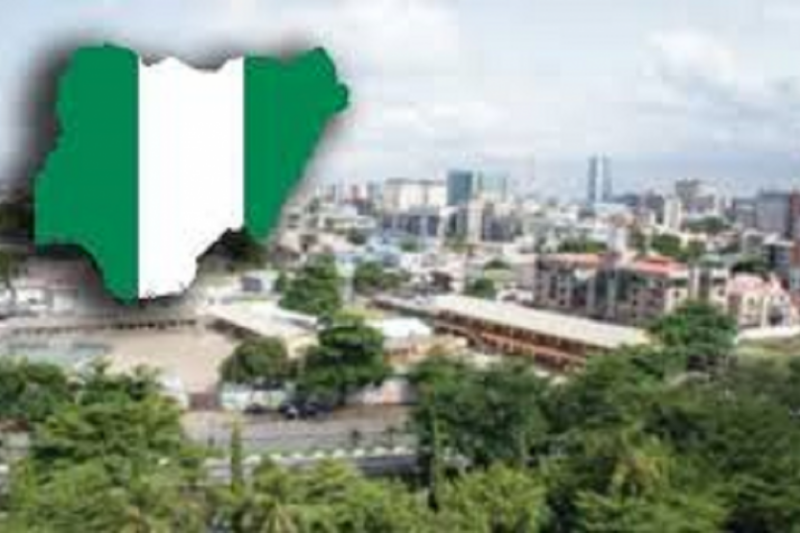Nigeria’s economy is critical at this stage and by redesigning the country’s currency it will just mean traders will be at risk of facing further losses.
This was the view of Muhammad Abdulaziz Ajayi, an economist at the University of Maiduguri, when asked about the Central Bank of Nigeria’s announcement that it would redesign the country’s currency in less than two months.
The plan was to have the new banknotes on the streets by mid-December. People would have until the end of January to exchange the old notes for the new ones. After that the old notes would be worthless.
Ajayi told RNI reporter Ummi Fatima Baba Kyari that the idea of redesigning the currency could not be done within such a short time.
He said Nigeria’s economy, with its high inflation rate, had already caused businesses to fail and many people had lost their income.
“The redesign will have no impact except for further losses for locals. It is not the right moment to do this. This will favour only a few people who might get the government contract to change the currency. I don’t believe it will benefit the locals.”
Ajayi said the currency was changed a long time back when the country was under military rule and soldiers were in control and “it still causes losses”.
“Many traders are at risk of facing losses because most people transact with cash on daily basis. Some people keep money at home, especially the local businesspeople who called it cash and carry. Cash is often transported to the capital, Abuja, and it is known that the vehicles are attacked fairly regularly by robbers on the highways. Anything could happen.”
He said Nigeria’s economy was critical at this stage because the country was suffering from the escalating inflation rate.
“A redesign of the currency at this time is not appropriate. People are already facing economic losses, with many businesses having been crippled. Some have been forced to close. Many traders are now out of work because they just could not keep up with the inflation rate. Ordinary people cannot keep up with the high prices. Everything costs more now than it did before the inflation rate hike.”
The redesign would result in long queues at all the banks which would just cause more congestion and difficulty. “Advisably, the government should extend the time to when the economic crisis has subsided in the country before redesigning the currency, he said.
Halliru Muhammad, a trader, said: “The redesign will affect locals who do not use the banking system. There will be long queues and many could lose their capital, especially if it’s not in the bank.
“People should take their money to banks and not leave it at home for long because it could become a problem when the currency is redesigned.”
Sulaiman Muahmmad Yahaya said: “It’s a positive thing but it will surely be a challenge until people become familiar with it.
“The government should extend the time and make ordinary people aware of what the change of currency is all about. If people don’t understand what is happening, they will suffer and could lose their money.”
“The time span is too short and it needs to be extended to avoid unwanted challenges,” said Bukar Usman.
The Central Bank of Nigeria (CBN) was urging Nigerians to support the currency redesign because “it is in their overall interest and that of the economy at large”.
The redesign would entail redesigning, producing, releasing and circulating a new series of ₦200, ₦500 and ₦1,000 banknotes.
The CBN said President Muhammadu Buhari had approved the design, production and re-issuance of the local currency, with the new notes to begin circulation by mid-December.
The bank made the announcement on Wednesday, October 26. Godwin Emefiele, CBN governor, told journalists the introduction of newly designed notes was imperative.
The action was part of the apex bank’s efforts to halt the slide of the country’s official tender, which had lost more than 35% of its value in the past year. The bank said the measure would help tackle the issue of counterfeit notes and recall large amounts of money outside the bank’s control.
Emefiele said replacing the currency was necessary to reduce excess cash, inflation and crime. Although the currency could be in circulation as early as mid-December, Nigerians would have until the end of January to exchange the old bills, after which they will cease to be legal tender.
Emefiele said the currency in circulation had more than doubled since 2015, a “worrisome trend that cannot continue to be allowed”. Authorities said now more than 85% of the total money in circulation was outside the vaults of banks.
AISHA SD JAMAL









